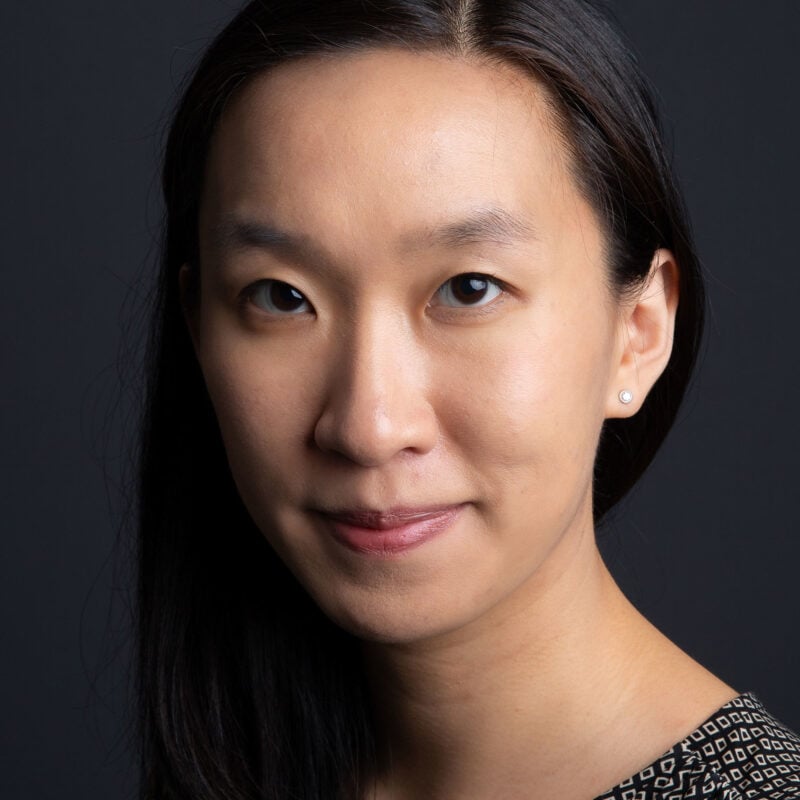
Caroline Chen covers health care for ProPublica. She has written about public health, hospitals, drugmakers and clinical trials, highlighting disparities in patient access, broken funding models and abuses of power.
Her 2020 coverage of the coronavirus pandemic included investigations into the Centers for Disease Control and Prevention’s early failures to contain the outbreak, vaccine inequities and distortion of COVID-19 data. Her work was part of ProPublica’s coverage recognized as a finalist for the Pulitzer Prize in Public Service.
Her 2019 stories on a heart transplant program in New Jersey that prioritized metrics over patient care won the Livingston Award for local reporting. Her story on racial disparities in cancer clinical trials with Riley Wong in 2018 won the June L. Biedler Prize for Cancer Journalism in online/multimedia reporting.
Her writing has appeared in publications including The New Yorker, The New York Times Magazine and NPR. Previously, she worked at Bloomberg News, where her coverage included the unraveling of blood test maker Theranos and the 2014 Ebola outbreak. She received her master’s degree from the Toni Stabile Program for Investigative Journalism at Columbia University, where she was awarded a Pulitzer traveling fellowship.




















